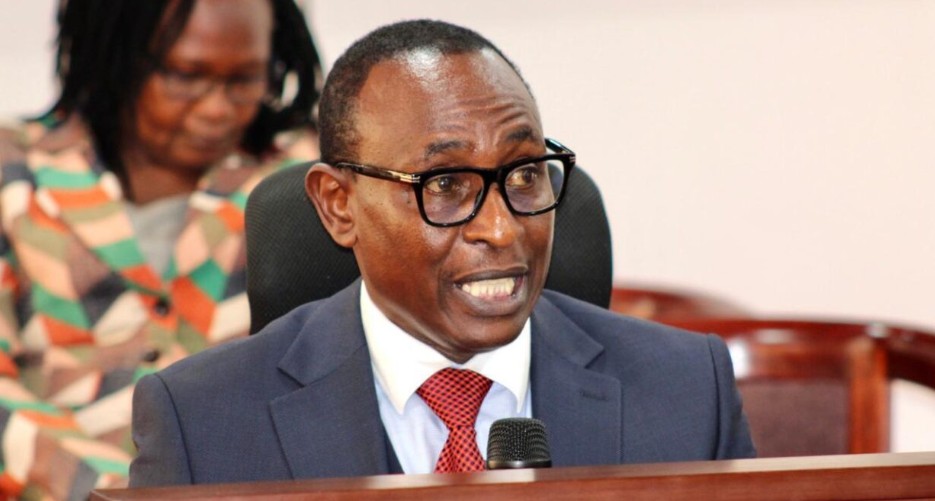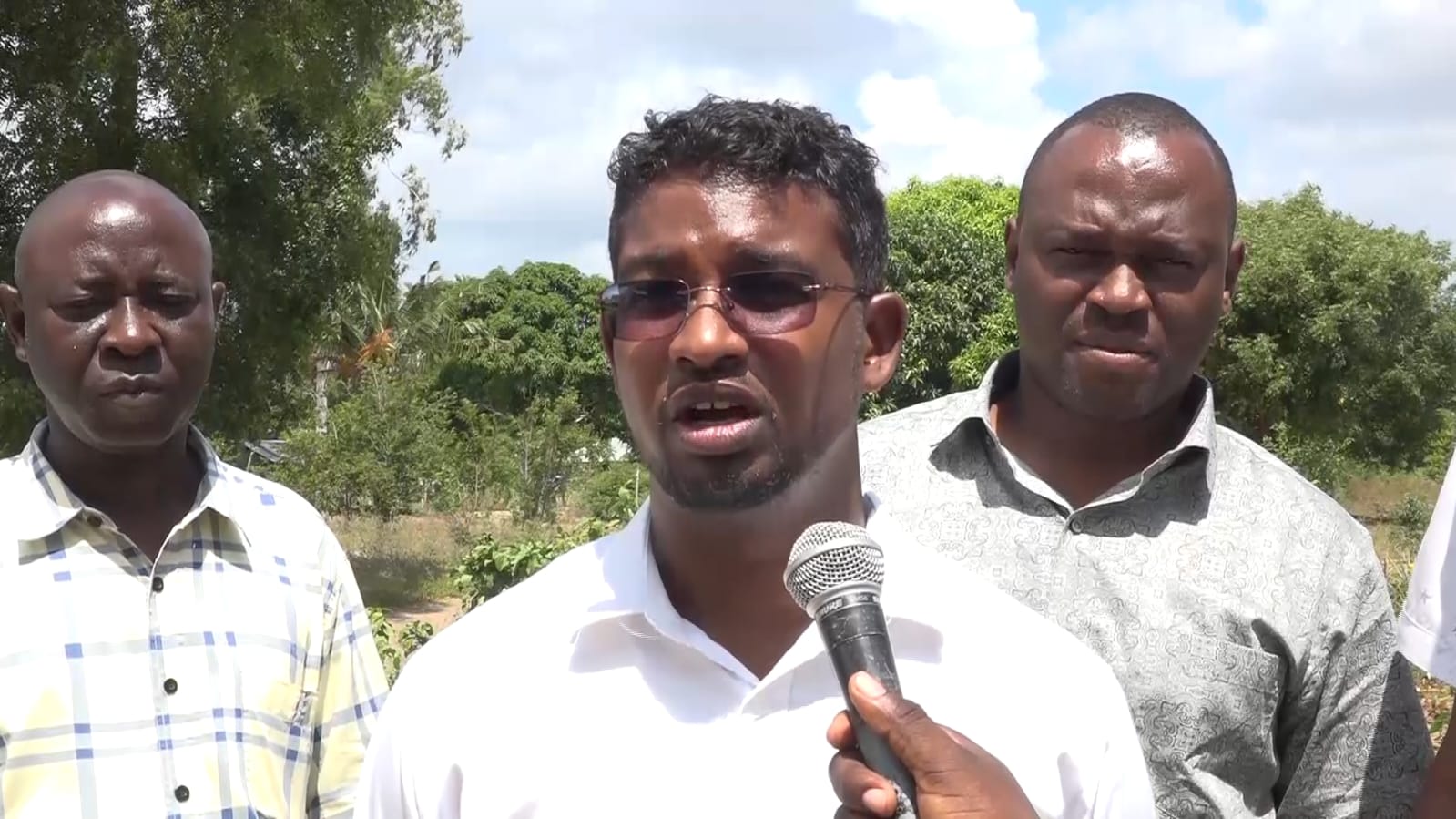MPs grill prisons boss over grim jail conditions, inmate exploitation and delayed reforms

Legislators painted a grim picture of Kenya’s prisons, citing “deplorable” conditions and mounting public distrust amid reports of scams being orchestrated from behind bars.
The Commissioner General of the Kenya Prisons Service, Mr Patrick Aranduh, was on Tuesday put to task when he appeared before the National Assembly’s Constitutional Implementation Oversight Committee (CIOC) to account for delays in reforms under the Persons Deprived of Liberty Act.
MPs expressed growing unease over the state of correctional facilities, misuse of prison land, inmate exploitation and the welfare of officers.
More To Read
- Prison deaths in Kenya hit nine-year high of 210 in 2024 amid overcrowding and poor conditions
- MPs push for clean energy in prisons to reduce health risks
- CJ Koome calls for community service for petty offenders serving short jail terms
- Audit report reveals taxpayers paid Sh3 million rent for former Prisons boss
- Cabinet approves Power of Mercy Bill, 2025 to reform presidential pardons, clemency
- Kenya's oversight bodies crippled by underfunding, government disregard, report reveals
Legislators painted a grim picture of Kenya’s prisons, citing “deplorable” conditions and mounting public distrust amid reports of scams being orchestrated from behind bars.
"Prisoners are in tatters, almost in nakedness. Our officers live in hardship. Why can’t they receive allowances like teachers?" asked Maragua MP Mary Wamaua, calling attention to the suffering of both inmates and staff.
Aranduh defended the institution’s efforts, saying that recent reforms had already led to the nationwide distribution of new uniforms. However, he admitted that budgetary constraints made it impossible to fully clothe all inmates each year.
“The annual budget isn’t sufficient to kit every inmate regularly. Hardship allowance is only given where public service guidelines permit it,” he explained.
Embakasi Central MP Mejja Donk Benjamin demanded a full audit of the Appropriations-in-Aid (AiA) account, raising transparency concerns over how revenue generated within prisons is used.
“We must know how the money from prison labour and services is accounted for. There’s too much opacity,” said Benjamin.
The committee chair, Eric Karemba, went further, questioning whether the current use of inmate labour constitutes rehabilitation or exploitation.
"Are they using prisoners as free labour under the pretence of correction? What legal provisions govern this?" he asked.
Nambale MP Geoffrey Mulanya echoed this sentiment, calling for a structured, skills-based approach to rehabilitation.
“Prisoners could be productive assets. China uses them to build the economy, but equips them with skills. What’s your policy framework?” He challenged.
In response, Aranduh insisted that all inmate labour is strictly rehabilitative, not commercial, and that all prison land is currently in use.
“We do not have idle land; it’s all in use. Inmates are engaged in work for rehabilitation, not production,” he stated.
He added that a Correctional Services Bill proposing a structured labour framework is under review.
Other Topics To Read
- Headlines
- National
- kenya inmates
- Kenya prison scams
- Commissioner General of the Kenya Prisons Service
- Mr Patrick Aranduh
- National Assembly’s Constitutional Implementation Oversight Committee
- Persons Deprived of Liberty Act
- prison Rehabilitation
- MPs grill prisons boss over grim jail conditions
- inmate exploitation and delayed reforms
Concerns over prison-based fraud were also raised during the heated session.
Tiaty MP William Kamket voiced frustration over the proliferation of scams allegedly run by inmates, which he said is undermining public confidence.
“The scamming is rampant and damaging public trust. What concrete measures are in place to stop this?” he asked.
Aranduh acknowledged the challenge but offered no clear roadmap, prompting lawmakers to push for technological surveillance and stronger internal controls.
In efforts to reduce prison congestion, he said the service is working with the Judiciary to reallocate inmates according to the severity of their offences, though he admitted that “more systemic solutions are required.”
Deputy Commissioner General Jane Kiiri sought to strike a more hopeful tone, pointing to ongoing reforms guided by the Moody Awori task force.
“Before any transformation, we must first address inmates’ criminogenic needs. Rehabilitation must be rooted in readiness,” she said, underscoring the need for a holistic approach to reform.
Top Stories Today

















































